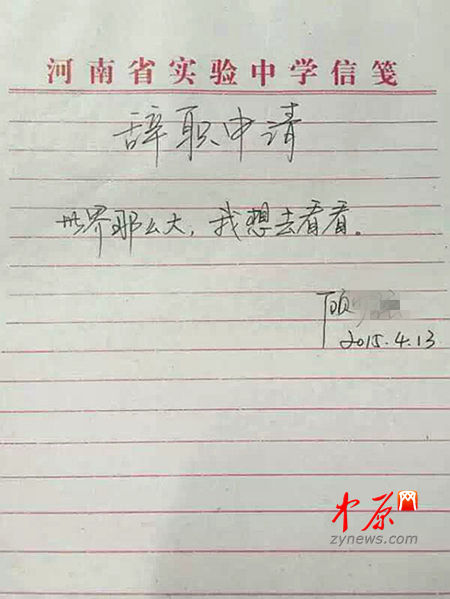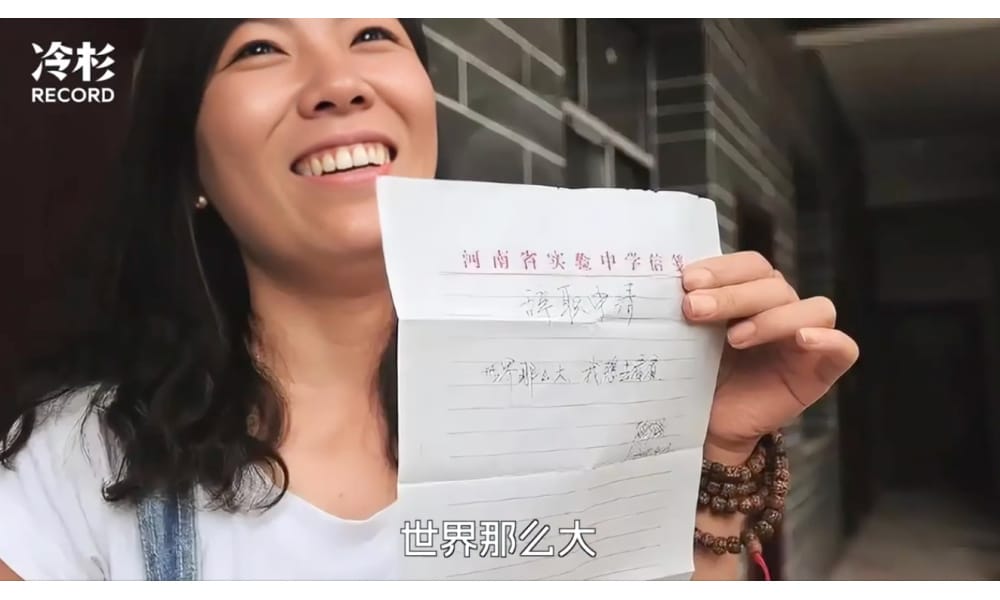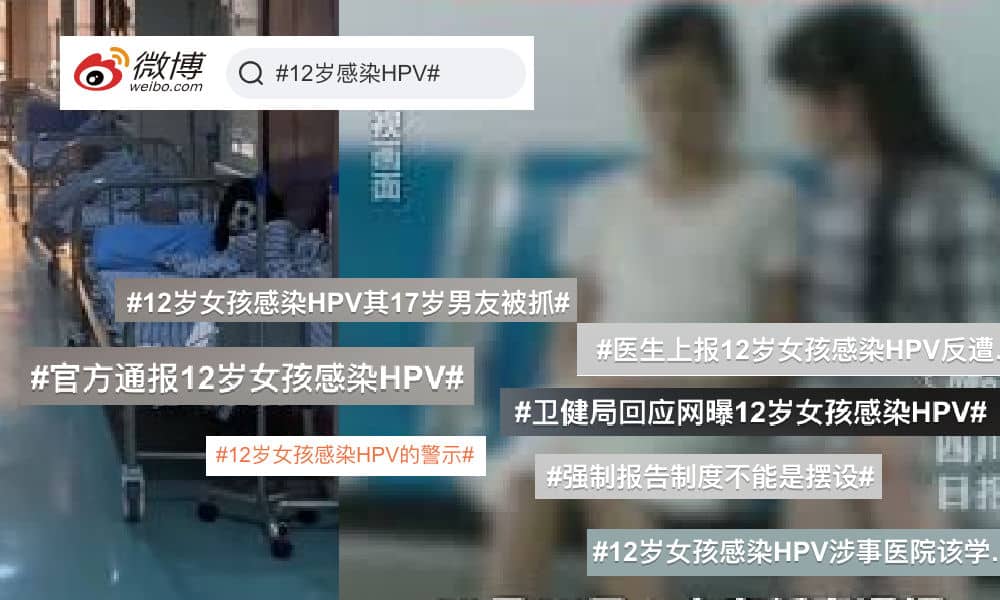A 12-year-old girl from Shandong was diagnosed with HPV at a local hospital. When a doctor attempted to report the case, she faced resistance. Weibo users are now criticizing how the incident was handled.
Over the past week, there has been significant uproar on Chinese social media regarding how authorities, official channels, and state media in China have handled cases of sexual abuse and rape involving female victims and male perpetrators, often portraying the perpetrators in a way that appears to diminish their culpability.
One earlier case, which we covered here, involved a mentally ill female MA graduate from Shanxi who had been missing for over 13 years. She was eventually found living in the home of a man who had been sexually exploiting her, resulting in at least two children. The initial police report described the situation as the woman being “taken in” or “sheltered” by the man, a phrasing that outraged many netizens for seemingly portraying the man as benevolent, despite his actions potentially constituting rape.
Adding to the outrage, it was later revealed that local authorities and villagers had been aware of the situation for years but failed to intervene or help the woman escape her circumstances.
Currently, another case trending online involves a 12-year-old girl from Tai’an, Shandong, who was admitted to the hospital in Xintai on December 12 after testing positive for HPV.
HPV stands for Human Papillomavirus, a common sexually transmitted infection that can infect both men and women. Over 80% of women experience HPV infection at least once in their lifetime. While most HPV infections clear naturally within two years, some high-risk HPV types can cause serious illness including cancer.
“How can you be sure she was sexually assaulted?”
The 12-year-old girl in question had initially sought treatment for pelvic inflammatory disease, but upon review, her doctor discovered that she had been previously treated for vaginitis six months earlier. During further discussions with the girl, the doctor learned she had been sexually active with a boy five years her senior and was no longer attending school.
Given that the age of consent in China is 14 years old, the doctor sought to report the case to authorities. However, this effort was reportedly met with resistance from the hospital’s medical department, where she was allegedly questioned: “How can you be sure she was sexually assaulted?”
When attempts to escalate the case to the women’s federation and health commission went unanswered, the doctor turned to a blogger she knew (@反射弧超长星人影九) for help in raising awareness.
The blogger shared the story on Weibo but failed to receive a response through private messages from the Tai’an Police. They then contacted a police-affiliated Weibo channel they were familiar with, which eventually succeeded in alerting the Shandong police, prompting the formation of an investigation team.
As a result, on December 16, the 17-year-old boy was arrested and is now facing legal criminal measures.
According to Morning News (@新闻晨报), the boy in question is the 17-year-old Li (李某某), who had been in contact with the girl through the internet since May of 2024 after which they reportedly “developed a romantic relationship” and had “sexual relations.”
Meanwhile, fearing for her job, the doctor reportedly convinced the blogger to delete or privatize the posts. The blogger was also contacted by the hospital, which had somehow obtained the blogger’s phone number, asking for the post to be taken down. Despite this, the case had already gone viral.
The blogger, meanwhile, expressed frustration after the case gained widespread media traction, accusing others of sharing it simply to generate traffic. They argued that once the police had intervened, their goal had been achieved.
But the case goes beyond this specific story alone, and sparked broader criticisms on Chinese social media. Netizens have pointed out systemic failures that did not protect the girl, including the child’s parents, her school, and the hospital’s medical department, all of whom appeared to have ignored or silenced the issue. As WeChat blogging account Xinwenge wrote: “They all tacitly colluded.”
Xinwenge also referenced another case from 2020 involving a minor in Dongguang, Liaoning, who was raped and subsequently underwent an abortion. After the girl’s mother reported the incident to the police, the procuratorate discovered that a hospital outpatient department had performed the abortion but failed to report it as required by law. The procuratorate notified the health bureau, which fined the hospital 20,000 yuan ($2745) and revoked the department’s license.
Didn’t the hospital in Tai’an also violate mandatory reporting requirements? Additionally, why did the school allow a 12-year-old girl to drop out of the compulsory education programme?
“This is not a “boyfriend” or a “romantic relationship.””
The media reporting surrounding this case also triggered anger, as it failed to accurately phrase the incident as involving a raped minor, instead describing it as a girl having ‘sexual relations’ with a much older ‘boyfriend.’
Under Chinese law, engaging in sexual activity with someone under 14, regardless of their perceived willingness, is considered statutory rape. A 12-year-old is legally unable to give consent to sexual activity.
“The [Weibo] hashtag should not be “12-Year-Old Infected with HPV, 17-Year-Old Boyfriend Arrested” (#12岁女孩感染HPV其17岁男友被抓#); it should instead be “17-Year-Old Boy Sexually Assaulted 12-Year-Old, Causing Her to Become Infected” (#17岁男孩性侵12岁女孩致其感染#).”
Another blogger wrote: “First, we had the MA graduate from Shanxi who was forced into marriage and having kids, and it was called “being sheltered.” Now, we have a little girl from Shandong being raped and contracting HPV, and it was called “having a boyfriend.” A twelve-year-old is just a child, a sixth-grader in elementary school, who had been sexually active for over six months. This is not a “boyfriend” or a “romantic relationship.” The proper way to say it is that a 17-year-old male lured and raped a 12-year-old girl, infecting her with HPV.”
By now, the case has garnered widespread attention. The hashtag “12-Year-Old Infected with HPV, 17-Year-Old Boyfriend Arrested” (#12岁女孩感染HPV其17岁男友被抓#) has been viewed over 160 million times on Weibo, while the hashtag “Official Notification on 12-Year-Old Infected with HPV” (#官方通报12岁女孩感染hpv#) has received over 90 million clicks.
Besides the outrage over the individuals and institutions that tried to suppress the story, this incident has also sparked a broader discussion about the lack of adequate and timely sexual education for minors in Chinese schools. Liu Wenli (刘文利), an expert in children’s sexual education, argued on Weibo that both parents and schools play critical roles in teaching children about sex, their bodies, personal boundaries, and the risks of engaging with strangers online.
“Protecting children goes beyond shielding them from HPV infection,” Liu writes. “It means safeguarding them from all forms of harm. Sexual education is an essential part of this process, ensuring every child’s healthy and safe development.”
Many netizens discussing this case have expressed hope that the female doctor who brought the issue to light will not face repercussions or lose her job. They have praised her for exposing the incident and pursuing justice for the girl, alongside the efforts of those on Weibo who helped amplify the story.
The blogger who played a key role in exposing the story recently wrote: “I sure hope the authorities will give an award to the female doctor for reported this case in accordance with the law.” For some, the doctor is nothing short of a hero: “This doctor truly is my role model.”
By Manya Koetse, with contributions by Miranda Barnes
(follow on X, LinkedIn, or Instagram)
Spotted a mistake or want to add something? Please let us know in comments below or email us. First-time commenters, please be patient – we will have to manually approve your comment before it appears.
©2024 Whatsonweibo. All rights reserved. Do not reproduce our content without permission – you can contact us at info@whatsonweibo.com.
Follow What’s on Weibo on


 China Insight11 months ago
China Insight11 months ago
 China Music12 months ago
China Music12 months ago
 China Digital10 months ago
China Digital10 months ago
 China Arts & Entertainment11 months ago
China Arts & Entertainment11 months ago



























vu
December 24, 2017 at 11:55 pm
Thank you for the article you shared